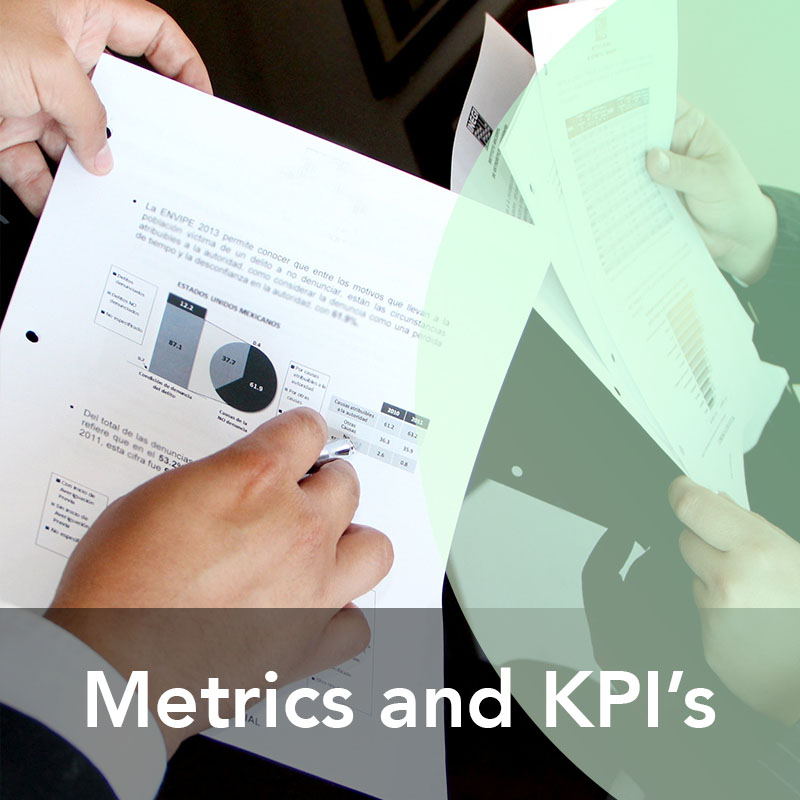Metrics and kpis
What You Need to Know About Common Sales KPIs

As a sales manager, it’s important to track and measure the performance of your sales team. One great way to do this is by using key performance indicators (KPIs). KPIs are metrics that can help you gauge the success of your team and make sure they’re hitting their targets. In this blog post, we’ll take a look at some of the most common sales KPIs and how to use them.
Closed Deals per Month/Quarter/Year
One of the most important KPI metrics for sales managers is closed deals per month, quarter, or year. This metric helps you understand how many deals your team has been able to close in a given period. It also helps you determine whether your team is on track to reach their goals and ensure that any necessary adjustments are made before it’s too late.
Lead Conversion Rate
Another important KPI is lead conversion rate. Lead conversion rate measures how effective your sales team is at converting leads into customers. It can be calculated by taking the number of leads generated in a given period and dividing it by the number of leads that were actually converted into customers during that same period. Knowing your lead conversion rate can help you identify areas where you need to improve and can also help you set more realistic expectations for future periods.
Cost Per Sale
Cost per sale (CPS) is another useful KPI for tracking sales performance. CPS measures the cost associated with closing each sale, including expenses such as salaries, commissions, advertising costs, etc. Tracking CPS can help you identify which strategies are working best for generating new business and which strategies may not be worth pursuing in the future.
Conclusion: The world of sales is highly competitive and ever-changing, making it difficult for sales managers to stay on top of their teams’ performance without having meaningful KPIs in place. By tracking metrics such as closed deals per month/quarter/year, lead conversion rate, and cost per sale, you can ensure that your team remains focused on achieving its goals and staying ahead of the competition. With these metrics in place, you will have all the information necessary to make informed decisions about how best to manage your team going forward.
Conclusion: The world of sales is highly competitive and ever-changing, making it difficult for sales managers to stay on top of their teams’ performance without having meaningful KPIs in place. By tracking metrics such as closed deals per month/quarter/year, lead conversion rate, and cost per sale, you can ensure that your team remains focused on achieving its goals and staying ahead of the competition. With these metrics in place, you will have all the information necessary to make informed decisions about how best to manage your team going forward.